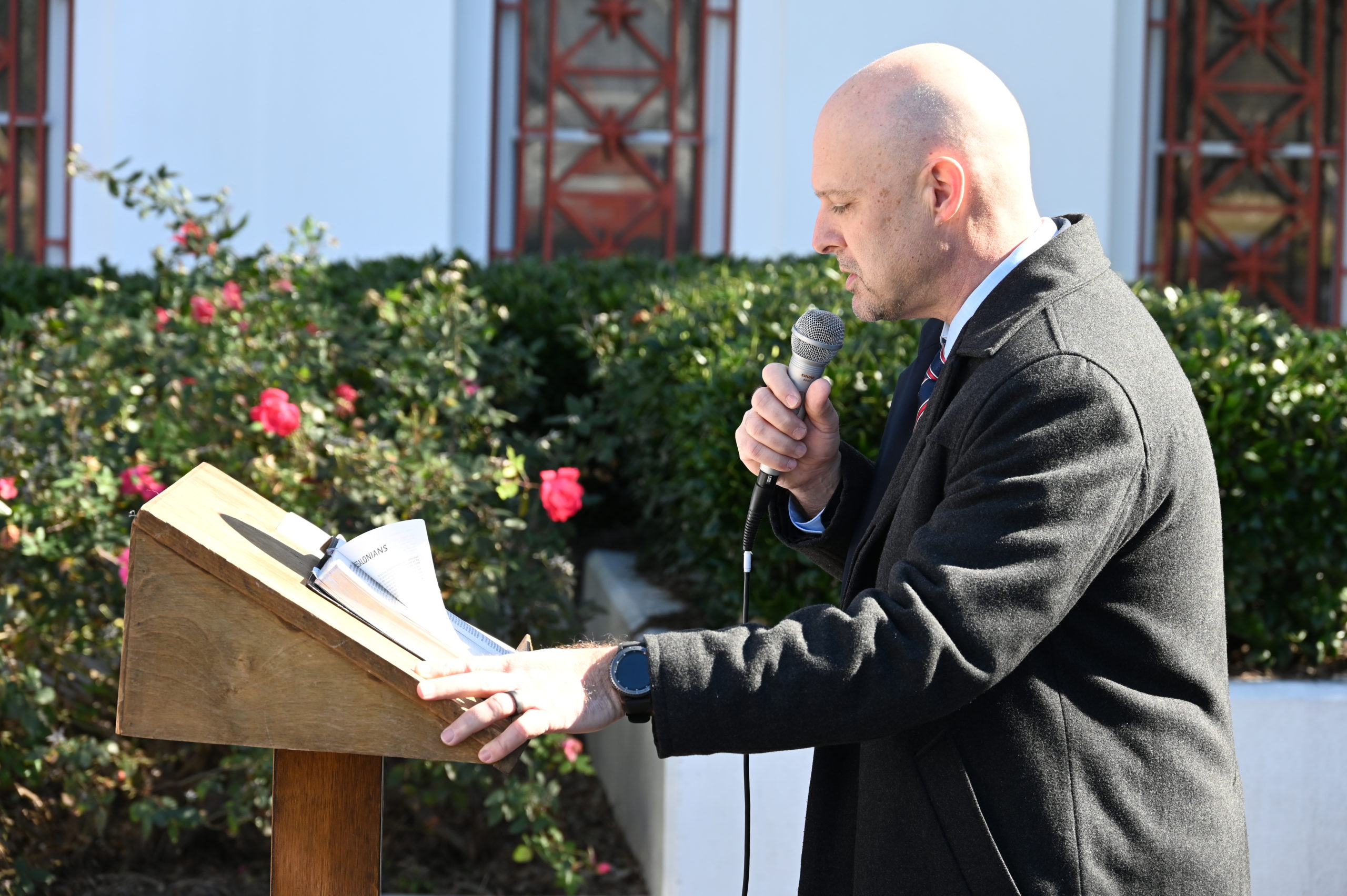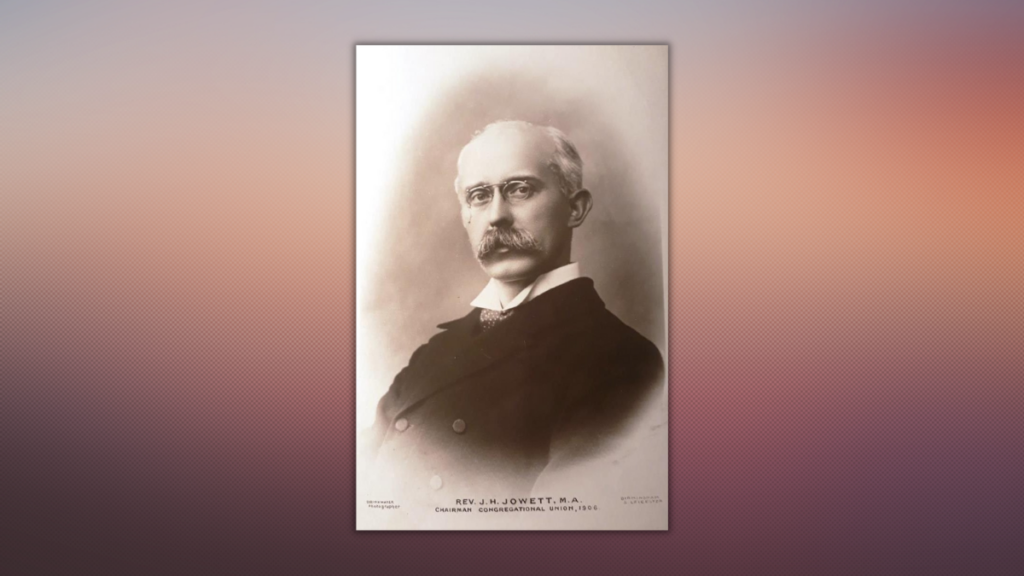Open letter to Alabamians from ALCAP’s Greg Davis and adviser Christine Carr:
Since 1997, the cannabis industry has worked to profit from other’s pain.
Disguised as compassionate clinicians and benevolent business owners, these salespeople will stop at nothing to lie to legislators, dupe the desperate and confuse local communities.
They take advantage of people’s compassion, manipulate the scientific message and convince lawmakers that marijuana will only be marketed as medicine. Once the industry is embedded and enough people are hooked, they will push for full legalization.
In essence, our state leaders fell for the first play. We now have marijuana legalization with some restrictions. The profit-driven marijuana industry will wreak havoc in your community, as they have done in other states before us, if you do not speak out and help stem the coming tide.
‘Devastation’
Too many churches have already seen the devastation that drugs bring to families and communities; we should continue to give our utmost and love others with truth as well as courage.
This Op-Ed is not designed to cover all scientific arguments for or against the use of whole-plant marijuana, other cannabis products like cannabidiol (CBD) or legitimate cannabis-based and FDA-approved drugs such as Marinol and Epidiolex.
A cursory review of some of the larger issues we see will be followed by source recommendations to aid your personal research on the matter.
More important, this letter identifies key problems with our current law and the rules established by the Alabama Medical Cannabis Commission. Because the loopholes are so dangerous, we implore you to do all you can to prevent marijuana dispensaries (pot shops) from being established in a town near you. (Read about the current status of license applications here.)
Additionally, it is critical that your lawmakers hear from you and other members of your church congregation. This issue requires great attention at the local and state level.
What is “medical” marijuana?
Pro-marijuana advocates would rather use the term “medical cannabis” in order to sound scientific. Confusing the language is often a popular tactic. However, the genus name “cannabis” covers several forms of the plant. Marijuana is just one species. Hemp is another.
When referring to the products that will be sold in Alabama’s state-approved dispensaries, it is whole plant marijuana, a Schedule I drug that is illegal under federal law. Whether or not it is smoked means nothing. The drug contains Delta-9 THC, the psychoactive component of marijuana. A doctor cannot prescribe it. A pharmacy cannot fill it. Insurance will not cover it.
Is there such a thing as true medical cannabis? Yes. The FDA has approved some pharmaceutical cannabinoid-based medicines that utilize only one or two active components of either hemp or marijuana. These medications can be prescribed by a physician, filled by a pharmacy and covered by insurance. They are used to treat complex seizures; nausea and vomiting from chemotherapy; anorexia from AIDS or cancer; and even some pain conditions. Doctors also can prescribe these medicines for off-label uses.
Why did legislators legalize marijuana in Alabama?
Since there are already cannabis-based medications available, you may wonder why our leaders voted for this alternative. Without a doubt, the financial component drove lobbyists from the markets in Florida, California, Arkansas and Colorado.
Our state’s farmland, weather and water supply are a dream come true for pot growers. Financial gain was a big incentive, but greed and avarice were not the only influencers.
Many well-intentioned lawmakers had genuine compassion for those suffering from medical ailments. Under the cover of COVID-19 precautions, the 2021 legislative session kept the lawmakers somewhat cloistered and misinformed.
Above the din of debate, they could only hear the false promises and misinformation from the lobbyists and legislators who supported the expanded legalization of marijuana.
An impressive filibuster effort led by House conservatives failed. A bipartisan group passed the “Compassion Act.” Despite repeated cries from doctors and pro-faith and pro-family groups, Gov. Ivey signed the bill.
How do we protect our community?
Now Alabamians are faced with concerns about the unborn, our children and drivers on Alabama roads who will be under the influence of marijuana. But each of us has a voice, and we can ask our local government officials to say no to marijuana sales in our communities.
Every single city and county in Alabama is automatically opted out of having a marijuana dispensary. Your city council and/or county commissioners must vote to “opt-in.”
Unfortunately, small towns and large cities have already started the process. Please do not delay in educating your congregation and surrounding communities about the dangers.
Urge as many people as possible to contact their local leaders to say “NOT in Our Town.” Make regular contact with your state representatives and senators and demand changes to the legislation.
Until the problems are fixed, no community should allow the industry within its borders.
Three major concerns
What else do you need to know about this law and its weak rules?
It is not within the scope of this letter to cover every bad policy found within the “Compassion Act” nor the rules set forth by the Alabama Medical Cannabis Commission.
Whether or not you, your congregation or your local leaders sympathize with the concept of using whole-plant marijuana as a medical therapy, please consider this list of the top three worst aspects of Alabama’s current marijuana legislation:
Pregnant mothers can purchase marijuana. This year’s legislative session saw the defeat of pro-life and pro-child efforts to prevent the purchase of marijuana by pregnant mothers sponsored by the only practicing OBGYN in the Alabama legislature.
Advocates argued child endangerment was not an issue and insisted the law would be superfluous. They promised to ensure protection for the unborn in their rule-making process. But that promise remains unfulfilled. If a dispensary opened today, a pregnant mother would have no difficulty purchasing marijuana. We need to close this loophole before any licenses are granted.
Homes could become drug houses. The generous daily doses allowed under this law mean a family of four could have access to hundreds of doses of marijuana. The law doesn’t restrict a caregiver from having a medical cannabis card. We need to reduce the number of conditions allowed under this law, remove depression completely, forbid the use of marijuana by a caregiver and strictly limit the conditions list for minors.
Young adults will suffer the most. Is your 19-year-old’s brain ready for marijuana? Brain development is not complete until about 25 years of age. Multiple studies show the detrimental effects of THC exposure on developing brains.
The risk of schizophrenia and violent psychoses (which leads to mass violence) increases when exposure to marijuana occurs at a young age. Addiction rates, suicide and cardiovascular risk also increase. Overall life span and IQ decrease. And many young people turn to harder drugs.
Real-life tragedy
Just ask Laura Stack, founder of JohnnysAmabassadors.org. At 19, her son obtained a medical marijuana card. Within one year, he developed psychoses and jumped from a 9-story building on his college campus. You can read his suicide note on the website that bears his name.
Before we allow the cannabis industry into our state, we must raise the legal age of access to 25 and protect the brain health of our youth.
It is time for our shepherds to take up their staffs. The sheep-skinned wolves are at the gate. Now is the time to speak out against the expansion of legalized marijuana in our communities.
Resources
More information is available at ALCAP’s website and at the sites below.
EDITOR’S NOTE — This opinion piece was written by Greg Davis, president and CEO of Alabama Citizens Action Program, and Christine Carr, an advanced practice nurse specializing in critical care, anesthesia and pain management who also works with Drug Free Alabama. Read more about the current activity of the Alabama Medical Cannabis Commission here.






Share with others: